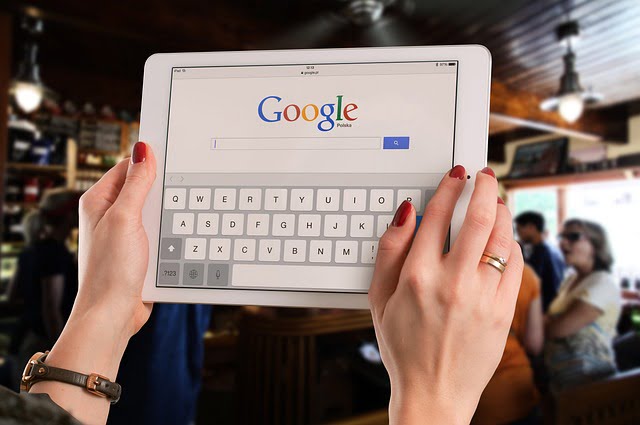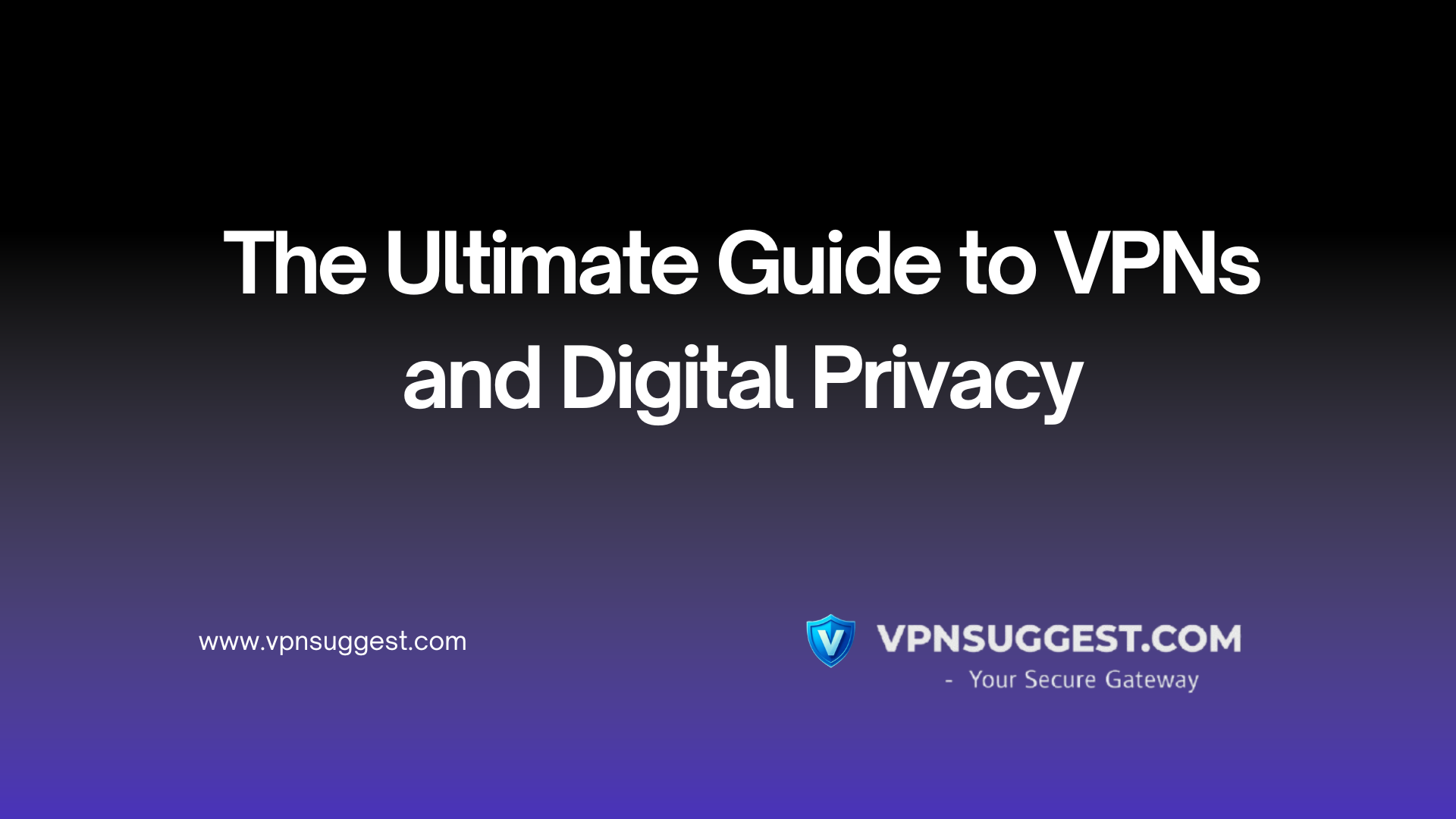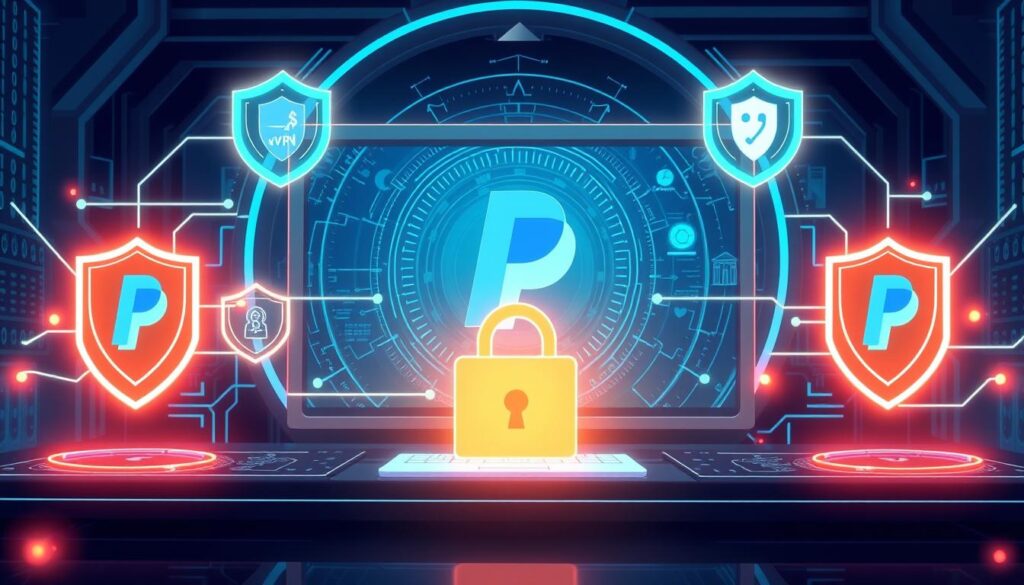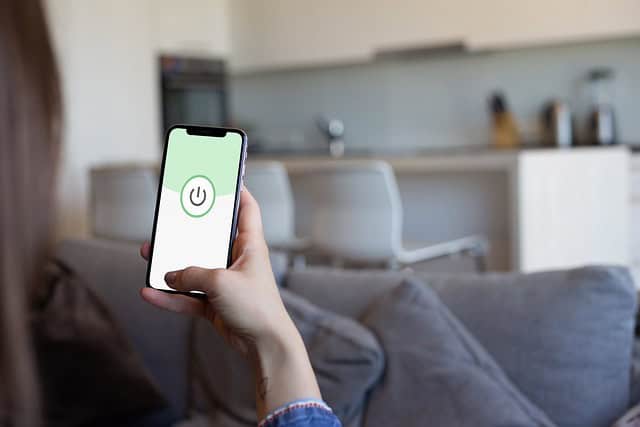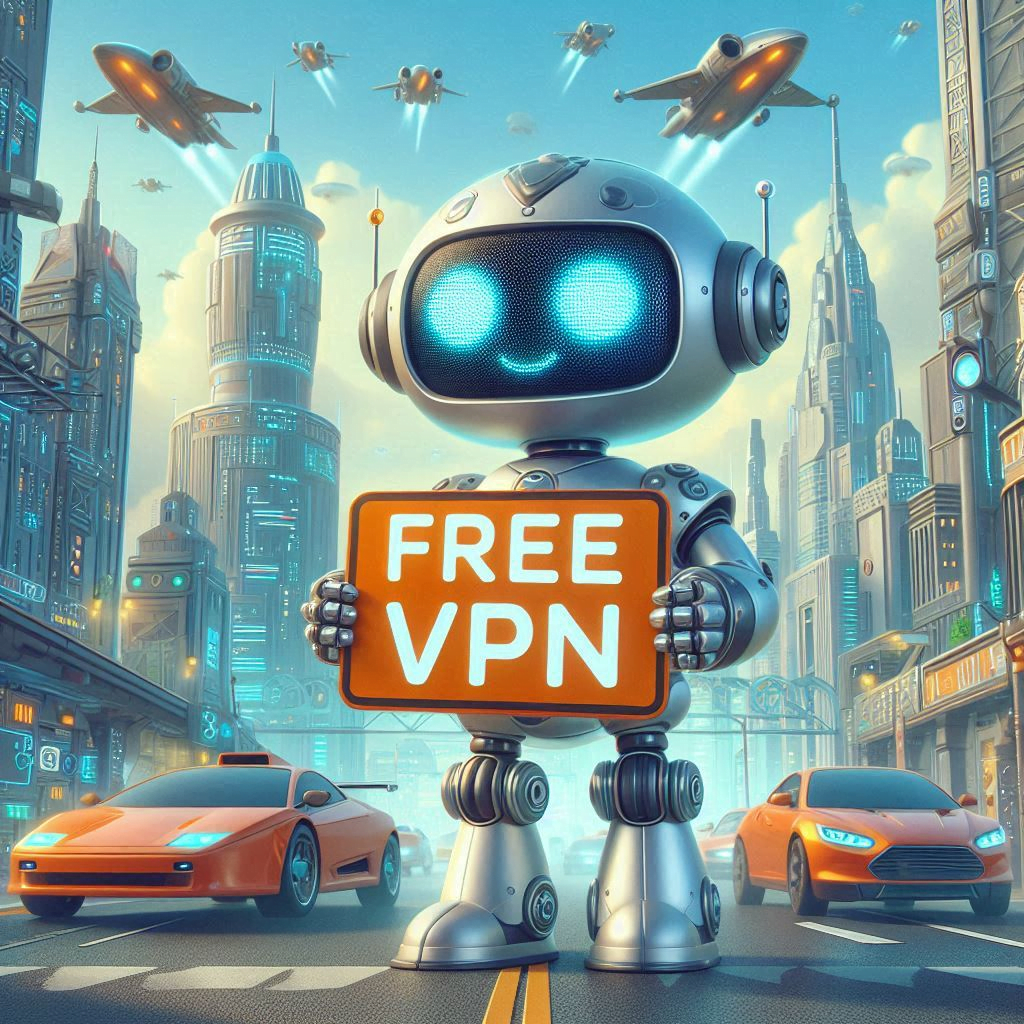Is Using a VPN Truly Safe in Terms of Internet Security?
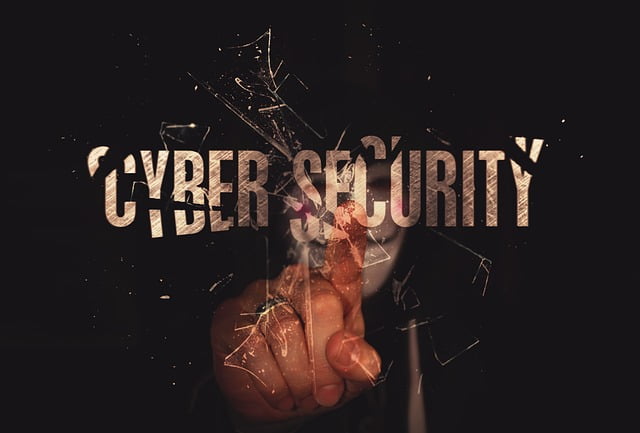
Generally a question rises, Is Using a VPN Truly Safe in Terms of Internet Security? and the answer is Yes, using a VPN can enhance your internet security, but it’s essential to choose a reputable service. Here’s why:
- What Is a VPN?: Your data is shielded from prying eyes via an encrypted tunnel created by a VPN (Virtual Private Network).Using a virtual private network (VPN) makes it more difficult for someone to eavesdrop on your online activity because your data is first delivered to the VPN server and then to its intended destination.
- Benefits of Using a VPN:
- Privacy: VPNs shield your browsing behavior and app activity from prying eyes.
- Security: They prevent hackers from accessing and stealing your personal data.
- Access: VPNs allow you to access essential information blocked by governments or other entities.
- Data Protection: They make it harder for companies to sell your data to third parties.
- Choosing a Good VPN:
- Opt for a reputable and secure VPN service.
- Look for no-logs policies (meaning they don’t store your browsing history).
- Paid VPNs generally offer better safety than free ones.
Virtual Private Networks (VPNs) are becoming increasingly popular in the modern digital world, where our online actions are continuously monitored. VPNs are used by everyone, from infrequent internet users to major corporations, to protect their internet connections and preserve their privacy. However, the crucial query still stands: in terms of internet security, is utilizing a VPN actually safe?
Understanding VPN Safety
In order to evaluate VPN security, it’s critical to define what we mean by “VPN safety.” Fundamentally, VPN safety is the defense that a VPN offers against different online risks, guaranteeing the security of your data and the preservation of your privacy. This includes anonymity, data privacy, encryption, and other issues.
Encryption Standards
Encryption is the cornerstone of VPN security. With the use of encryption, VPNs can transform your data into a coded format that requires a special key to decode. The following are the typical forms of encryption found in VPNs:
- AES (Advanced Encryption Standard): Often used in 128-bit or 256-bit forms, AES is renowned for its security and efficiency.
- RSA (Rivest-Shamir-Adleman): Used primarily for securing the exchange of keys.
- ChaCha20: Known for its speed and security, especially in mobile environments.
The importance of strong encryption cannot be overstated. It ensures that even if your data is intercepted, it remains unintelligible to unauthorized parties.
Data Privacy
Protecting the privacy of their data is one of the main reasons individuals use VPNs. By hiding your IP address, VPNs make it more difficult for services and websites to monitor your online activity. But it’s crucial to recognize the constraints:
- VPNs do not make you completely anonymous: While they hide your IP address, other tracking methods, such as browser fingerprinting, can still be used.
- Data privacy vs. Data security: VPNs secure your data in transit but do not necessarily protect data stored on your device.
Anonymity and VPNs
Anonymity is one of the main selling points of VPNs. However, privacy and anonymity are not the same thing. Whereas privacy denotes that your activities are concealed, anonymity refers to the inability for others to identify you. VPNs provide privacy by encrypting your data and hiding your IP address, but genuine anonymity frequently necessitates taking extra precautions, like using the Tor network.
VPN Logging Policies
A critical factor in VPN safety is the provider’s logging policy. A no-logs policy means the VPN provider does not keep records of your online activities. Here’s why it’s important:
- Protects your privacy: Even if a VPN provider is compelled by law to share user data, they have nothing to give if they don’t log activities.
- Choosing a trustworthy VPN: Always opt for VPNs with a transparent no-logs policy to ensure your activities remain private.
VPN Protocols
Different VPN protocols offer varying levels of security and performance. Here are the most common ones:
- OpenVPN: Known for its robust security and flexibility, making it a popular choice.
- IKEv2/IPsec: Offers high security and performance, especially on mobile devices.
- WireGuard: A newer protocol praised for its simplicity, speed, and security.
Each protocol has its strengths and weaknesses, and the choice may depend on your specific needs and the devices you use.
Security Risks and VPNs
While VPNs enhance security, they are not without risks. Potential security risks include:
- Weak encryption: Some VPNs use outdated or weak encryption methods, making your data vulnerable.
- DNS leaks: A poorly configured VPN can expose your DNS requests, revealing your browsing habits.
- Malicious VPN providers: Some providers may log your data or sell it to third parties.
Mitigating these risks involves choosing reputable VPN providers, regularly updating your VPN software, and configuring your VPN correctly.
Free vs. Paid VPN Services
The allure of free VPNs is strong, but they often come with significant risks:
- Data logging and selling: Free VPNs may log your data and sell it to third parties to generate revenue.
- Limited security features: Paid VPNs typically offer better security features and customer support.
- Bandwidth limitations: Free VPNs often have data caps and slower speeds.
For robust security and privacy, investing in a paid VPN service is generally the better option.
VPN Provider Trustworthiness
Not all VPN providers are created equal. Evaluating the trustworthiness of a VPN provider involves:
- Reputation and reviews: Research user reviews and expert opinions.
- Transparency: Look for providers that are transparent about their operations and policies.
- Jurisdiction: Consider the legal jurisdiction of the VPN provider, as some countries have data retention laws that could impact your privacy.
Legal and Regulatory Issues
While most nations allow the use of VPNs, there are several that do not. Certain nations have outlawed the use of VPNs or put tight restrictions in place. Make sure VPNs are legal in your country at all times to steer clear of any possible legal problems.
VPNs and Public Wi-Fi Security
Public Wi-Fi networks are notoriously insecure, making them prime targets for hackers. Using a VPN on public Wi-Fi can:
- Encrypt your data: Prevents hackers from intercepting your information.
- Mask your activities: Hides your online activities from prying eyes.
For the best protection, always connect to a VPN when using public Wi-Fi.
VPNs and Mobile Security
Mobile devices are increasingly targeted by cybercriminals. VPNs play a crucial role in mobile security by:
- Securing data transmissions: Encrypting your data, making it harder for hackers to intercept.
- Protecting against app vulnerabilities: Masking your IP address can prevent tracking by malicious apps.
Ensure you use a reliable VPN on your mobile devices to enhance security.
VPNs in Corporate Environments
Businesses use VPNs to secure remote connections and protect sensitive data. Implementing VPNs in a corporate setting involves:
- Centralized management: Managing VPN access and policies centrally.
- Employee training: Ensuring employees understand the importance of VPN usage and how to use it correctly.
A well-implemented VPN solution can significantly enhance corporate security.
Future of VPN Security
The future of VPN security looks promising with emerging trends such as:
- Improved encryption algorithms: Enhancing data security.
- Integration with other security technologies: Such as AI and machine learning for threat detection.
Staying updated with these trends can help you choose the best VPN solutions.
Conclusion on Is Using a VPN Truly Safe in Terms of Internet Security?
In conclusion, by encrypting your data, safeguarding your privacy, and disguising your online activity, utilizing a VPN can considerably improve your internet security. But not every VPN is made equally. To maximize security, select a trustworthy VPN provider with robust encryption, a no-logs policy, and dependable protocols. Knowing the benefits and drawbacks of VPNs will help you make wise choices that will improve your online security.
FAQs
Is it safe to use a free VPN?
Using a free VPN can be risky as many free providers log user data, have weaker security features, and often sell user data to third parties to generate revenue. For better security and privacy, it’s advisable to opt for a reputable paid VPN service.
Can a VPN be hacked?
While it’s theoretically possible for a VPN to be hacked, it is highly unlikely if you use a reputable provider with strong encryption and security protocols. The most common vulnerabilities come from weak passwords, outdated software, and poor configuration.
Do all VPNs provide the same level of security?
No, not all VPNs offer the same level of security. The security depends on factors such as the encryption standards, logging policies, and protocols used. It’s important to research and choose a VPN that offers robust security features.
How can I ensure my VPN is working properly?
You can check if your VPN is working properly by:
Conducting an IP leak test to ensure your real IP address is hidden.
Using DNS leak test tools to confirm your DNS requests are not exposed.
Checking for WebRTC leaks that could reveal your IP address.
Ensuring that your VPN connection does not drop unexpectedly.
Are there alternatives to VPNs for internet security?
Yes, there are alternatives such as using Tor for anonymity, HTTPS for secure connections, and secure DNS services. However, VPNs offer a comprehensive solution for encrypting data, protecting privacy, and masking your IP address, making them a preferred choice for many users.
Loading newsletter form...

